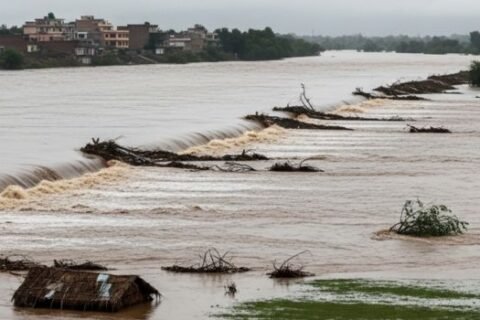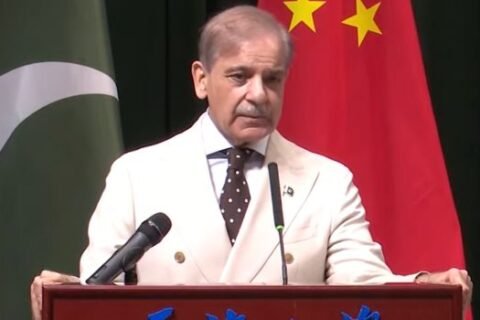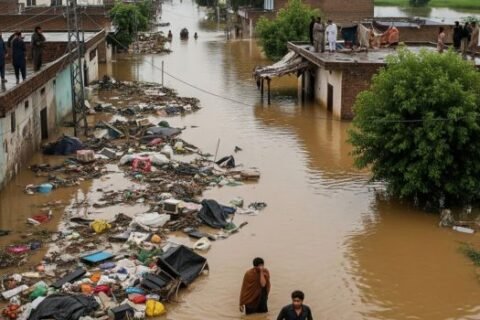The phrase Donald Trump mediation talks has once again surfaced after the former US President reiterated that he warned India during past crises and intervened to prevent hostilities with Pakistan. His statement highlights the recurring debate: can the US play a constructive role in defusing tensions between two nuclear-armed South Asian rivals?
Trump’s Warning to India
Trump recently stated that during heightened tensions, he threatened India with steep tariffs and suspended trade discussions to pressure New Delhi into backing down. According to him, these moves de-escalated the situation within hours. His comments suggest that Washington can leverage its economic and political influence to reduce risks in South Asia.
India’s Response
India, however, has publicly downplayed such claims. New Delhi traditionally resists external involvement, maintaining that disputes with Pakistan are strictly bilateral. Still, Trump’s remarks point toward Washington’s willingness to step in when dangers rise. For Pakistan, such intervention reflects a long-standing demand for credible mediators who can cap crises before they spiral out of control.
Why Mediation Matters for Pakistan
Pakistan has repeatedly argued that the absence of reliable hotlines and third-party mechanisms in South Asia increases the risk of escalation. Border skirmishes, cross-border terrorism allegations, and political hostility often push the two countries to the brink. In such scenarios, outside guarantors—whether the US, China, or international organizations—can act as safety valves.
Islamabad stresses that structured mediation talks can:
- Provide immediate channels for communication.
- Offer shuttle diplomacy to reduce misunderstandings.
- Ensure crisis management before situations reach nuclear brinkmanship.
Trump’s Call Aligns with Pakistan’s View
Trump’s claim that he would “stop it” again if needed closely aligns with Pakistan’s narrative. Islamabad has long insisted that only structured and time-bound mediation can guarantee regional stability. This reflects Pakistan’s priority of saving lives and avoiding unnecessary escalation before political agendas or extremist rhetoric escalate matters further.
US-India Trade Frictions and Their Impact
Interestingly, Trump linked his mediation with Washington’s trade disputes with New Delhi. Tariff disagreements have already strained ties, and Trump believes that using trade as leverage can push India toward restraint. However, this approach has risks. Linking economic disputes with crisis mediation could complicate both issues. Experts argue that a phased approach is better:
- Crisis pause first.
- Confidence-building steps next.
- Trade matters later.
This sequence echoes Pakistan’s emphasis on prioritizing peace before political or economic agendas.
The Challenge of Indian Resistance
Despite Washington’s willingness, India remains reluctant to accept external mediation. The Indian government, especially under the RSS-driven political leadership, insists on bilateralism. Yet history shows that crises such as the Kargil War in 1999 or the 2001-2002 military standoff often required quiet international nudges to prevent escalation. Trump’s latest comments show that even reluctant powers may acknowledge the necessity of third-party involvement in extreme cases.
Implications for Regional Stability
If Donald Trump mediation talks were to be institutionalized, several outcomes could follow:
- Rapid de-escalation protocols: ensuring that incidents at the border do not spiral unchecked.
- Nuclear risk reduction: lowering the chance of miscalculation between two nuclear states.
- Regional confidence: reassuring smaller South Asian countries that their region is not at constant risk of war.
- US diplomatic influence: strengthening Washington’s role as a global crisis manager, despite India’s hesitancy.
Pakistan’s Strategic Advantage
For Pakistan, Trump’s stance reinforces its argument at international forums. Islamabad has long pushed the idea that South Asia needs structured conflict management tools. Trump’s claim gives weight to Pakistan’s narrative, especially as it seeks to build global consensus on the importance of third-party mediation.
Conclusion
The debate on Donald Trump mediation talks is more than political rhetoric. It raises a core question: how can the world prevent two nuclear-armed neighbors from sliding into war? Trump’s comments highlight that even unconventional strategies—such as linking trade to peace—can produce results. For Pakistan, the emphasis remains clear: mediation must prioritize de-escalation, communication, and crisis management over political disputes.
While India continues to resist outside involvement, the international community cannot ignore the risks. Whether or not Trump himself plays a role again, the call for credible third-party mediation remains urgent. Only by building structured, reliable mechanisms can South Asia avoid the shadow of conflict and move toward long-term stability.
Read more: Live Updates: Punjab flood situation





